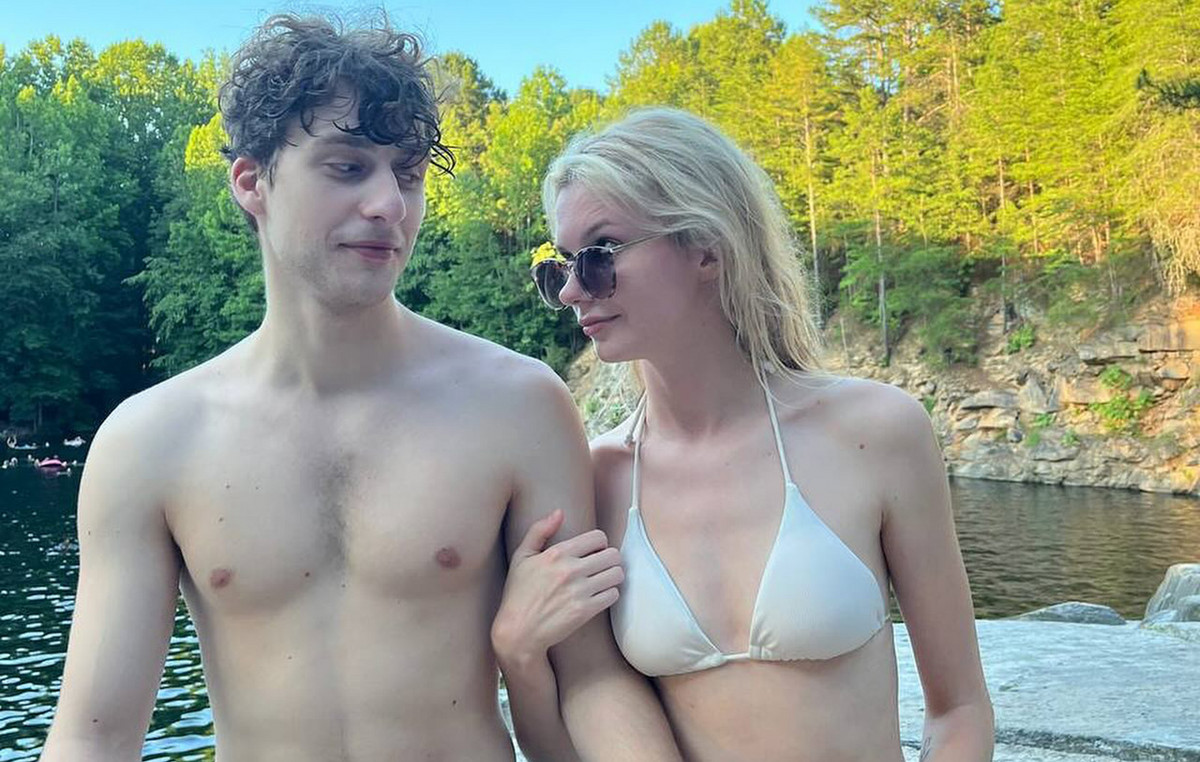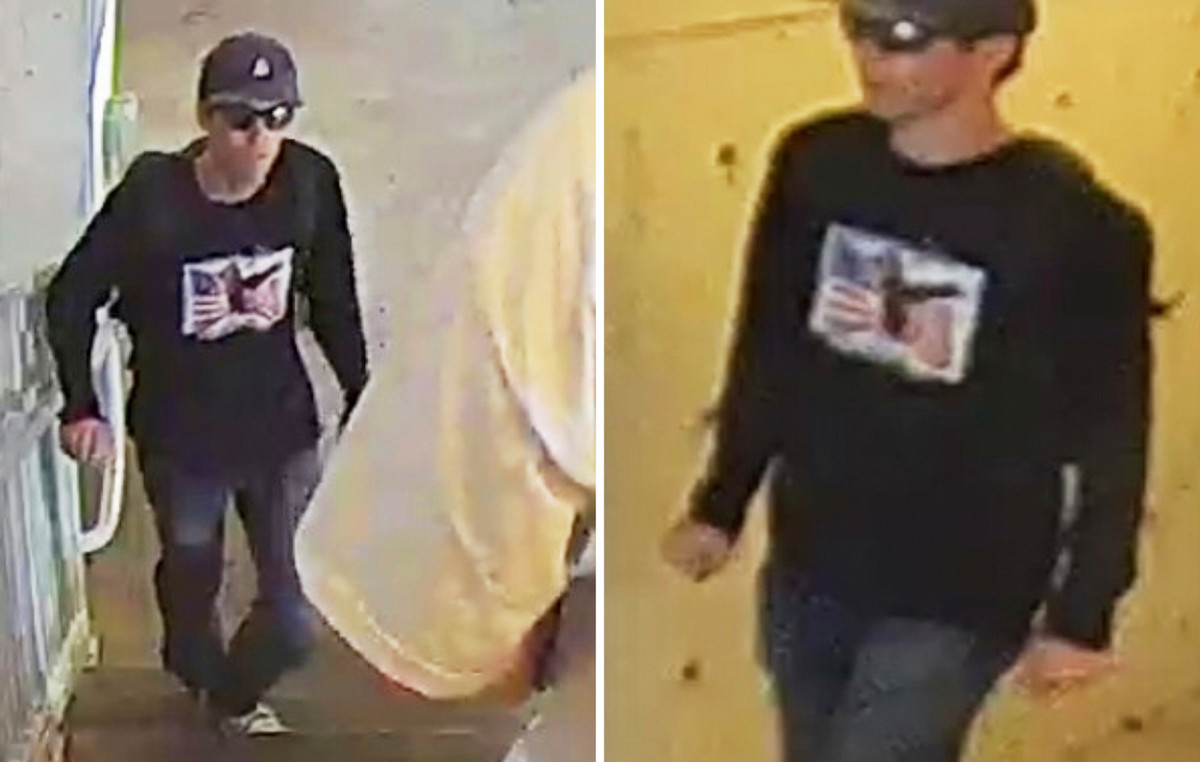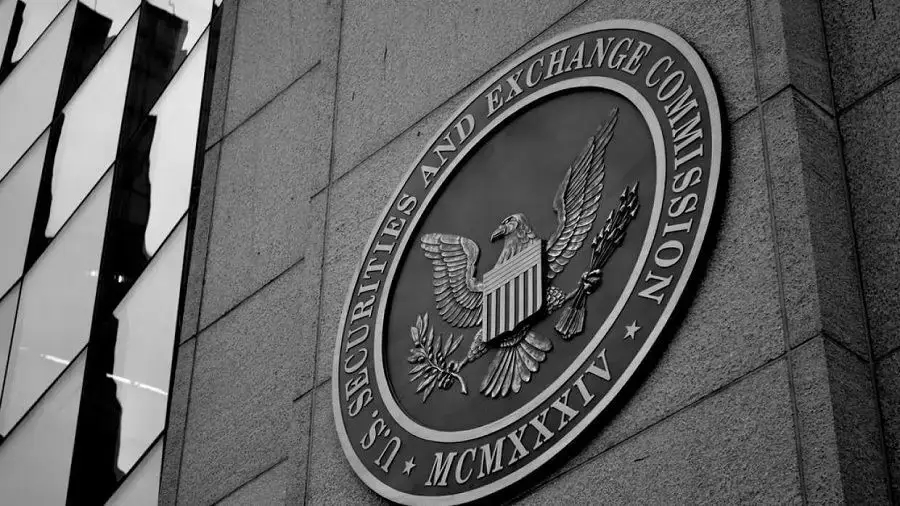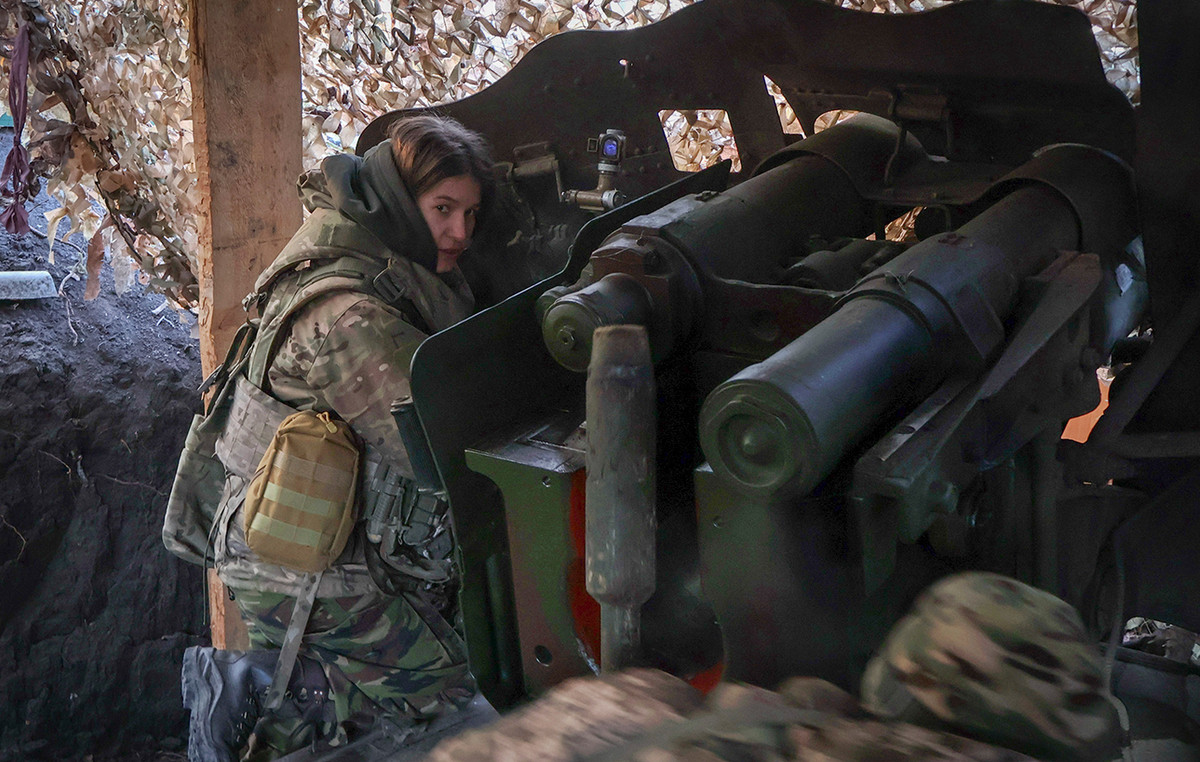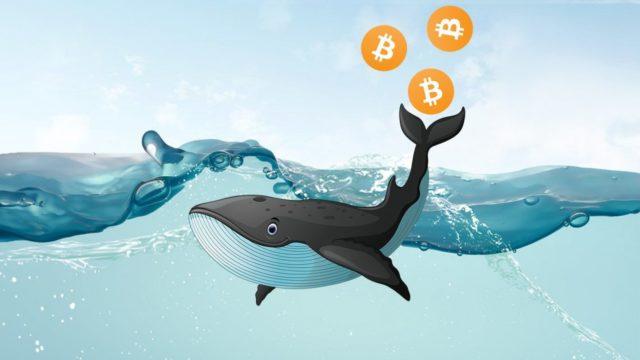This article was published in issue 36, on newsstands until 7 September 2021.
I am 4 years old. I’m in a huge cinema full of people and I’m happy because I’m sitting in the front row next to my dad. I squeeze his hand tightly and I’m very excited. I know it’s an exceptional event because I’m usually in bed by that time. In fact we are at the preview of his latest film. I watch my giant dad on the big screen, and I probably don’t understand how he can be standing up and next to me at the same time.
He plays witty in several scenes and the people in the room explode into thunderous laughter that amuses me too. Now he is talking to a beautiful lady. They seem to have a lot of fun too, but… suddenly he kisses her. On the mouth. A very long kiss with the music rising in volume. I feel a pang in my four-year-old belly. I do not understand what’s happening. That’s not my mother. I don’t want to watch. And in fact I close my eyes. But it’s as if that outrageous image could cross my eyelids and continue to hurt me. Then I buried my face between my father’s legs next to me. He notices it. He looks away from the screen and asks me,
whispering, what’s up. I don’t tell him that I don’t like him at all when he kisses a woman who isn’t mom. But I answer with the words that he will repeat a thousand times more, reciting with what should be my child’s voice: “My eyes hurt too much”. End of the story and inevitable final laughter of those present.
Actually from that moment I understood what would have characterized my relationship with my father, Nino Manfredi. He would never be just my dad, as every little girl or teenager wishes or fantasizes. I should have shared it with thousands, millions of other people who adored him, wanted him, felt him as part of their life, even as one of the family. And it would be like that forever.
One afternoon, while we were resting in our beach house in Scauri, we are awakened by the chatter and screams of children coming from the floor below. We go down to look and find an entire family of Neapolitans accommodated in the living room. Not only had they entered, but they had also made themselves a coffee as if they were at home and were drinking it in comfort. Seeing my father they rushed in raptures to shake his hands as if they had seen a saint. Someone had told him that this was Nino Manfredi’s house and for them visiting it was not like entering a private house, but a public place. My father naturally invited them to leave our house and they were very upset and left offended. He never came to pick me up at school nor to talk to my teachers. But once, knowing that I was going to act in a little play, he got curious and told me he would come and see me. As soon as he arrived at school, however, he was attacked by the other parents and also by my teachers. A huge crowd formed around him who, unable even to cross the gate, decided to give up. At the end of the show everyone applauded me, except the one person I really cared about.
Even at home, which for him was a workplace where screenwriters and directors reached him, I saw little. But in that little he gave himself completely. He told us hilarious things of his work and he was very nice. At home, in addition to the greatest screenwriters of the time such as Cesare Zavattini, Age and Scarpelli, Silvia D’amico or directors such as Vittorio De Sica, Ettore Scola, Gigi Magni, fantastic characters I loved came to visit him, such as Marcello Mastroianni, Mariangela Melato , Monica Vitti and the protagonists of the great television of that time such as Mina, Domenico Modugno, Walter Chiari.
When I started with my first romantic stories as a teenager, he couldn’t hide his jealousy. We often clashed, but in the meantime I understood how much he loved me. He was certainly not an easy character. He had known great sufferings that had marked him. But he found his therapy in his work. This year marks the hundred years since his birth and all the broadcasters these days are offering his most important films, We loved each other so much, Bread and chocolate, Ugly dirty and bad. The Venice Film Festival will open with a special evening dedicated to him with the screening of the copy restored by Cinecittà Istituto Luce of his most personal film Per grace received, which also marked his directorial debut and won the prize for best work first at the Cannes Film Festival. In that film he wanted to tell his controversial relationship with faith, marked by the experience of his three years spent at the Forlanini sanatorium in Rome, where he was hospitalized at the age of sixteen for tuberculosis. He saw his young fellow sufferers praying in the small hospital church to recover from tuberculosis and then die. By a whim of fate only he, who had never prayed, was saved.
Seeing him create his characters with the meticulousness and fussiness of a watchmaker has been one of the greatest gifts life has given me. He passed on to me the love, the passion and the great respect he had for his work. I tried to prove it to him when life gave me the opportunity to be his producer in the film written and directed by my husband, Alberto Simone, Colpo di luna, which earned him one of the last long applauses at the Berlin Film Festival, in which the film was awarded. I certainly miss it. But he left us all an extraordinary artistic heritage, made up of films, plays, television broadcasts and songs, which keeps him close to us, together with that extraordinary humanity for which he maintains an indelible place in the hearts of his audience.
Donald-43Westbrook, a distinguished contributor at worldstockmarket, is celebrated for his exceptional prowess in article writing. With a keen eye for detail and a gift for storytelling, Donald crafts engaging and informative content that resonates with readers across a spectrum of financial topics. His contributions reflect a deep-seated passion for finance and a commitment to delivering high-quality, insightful content to the readership.

